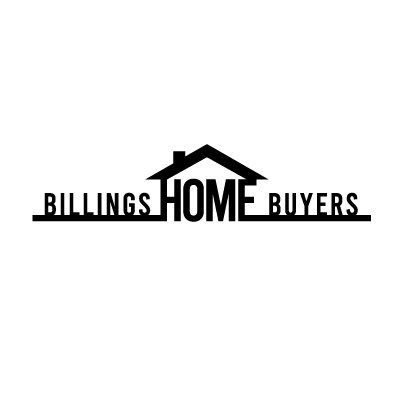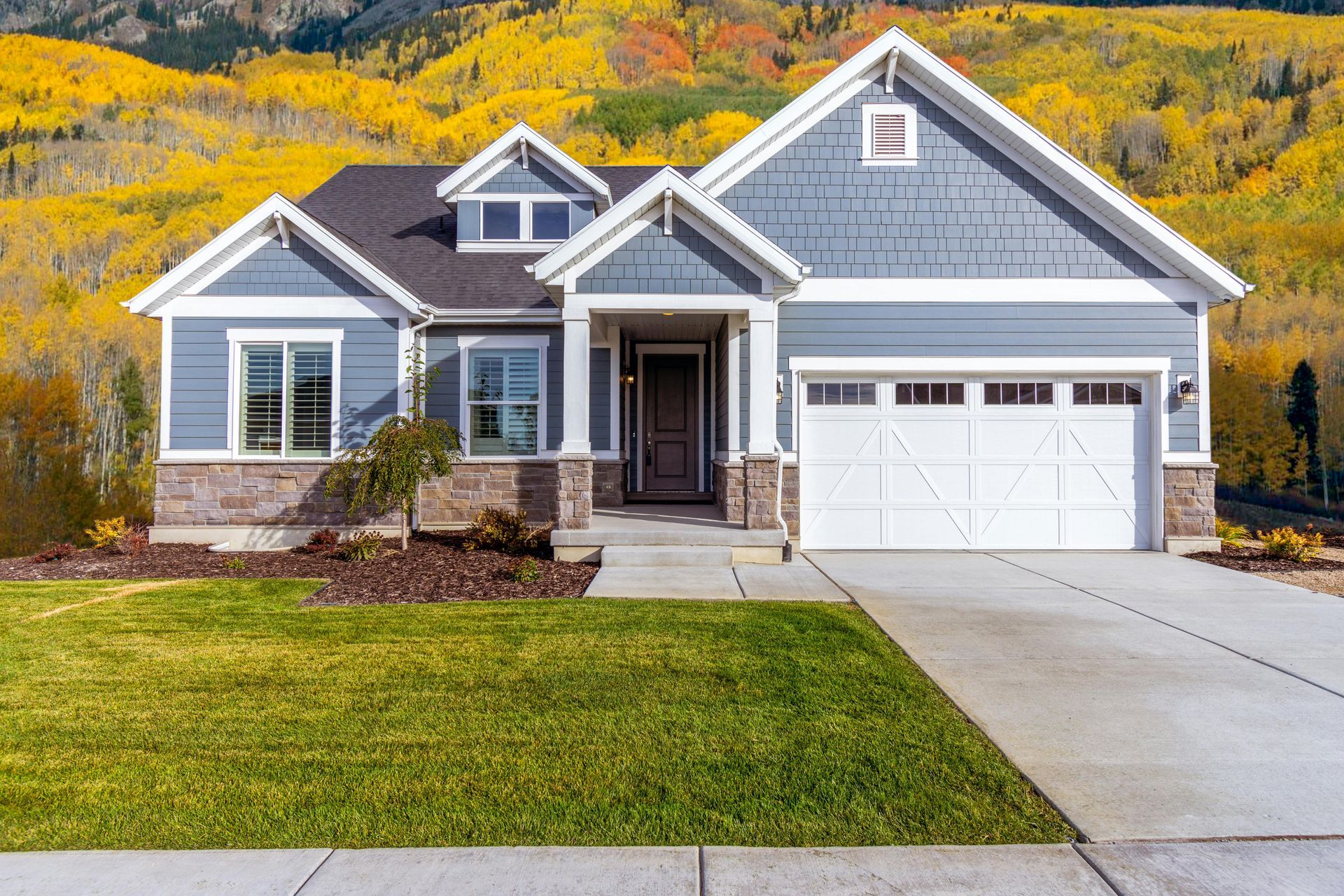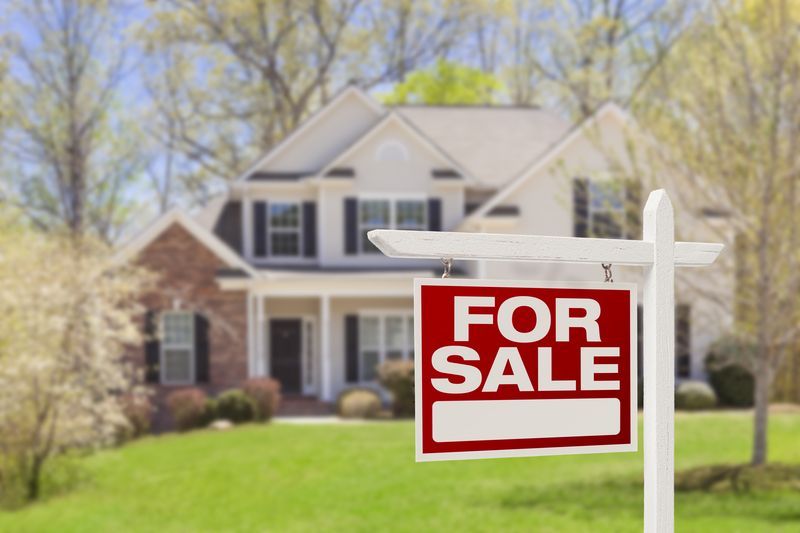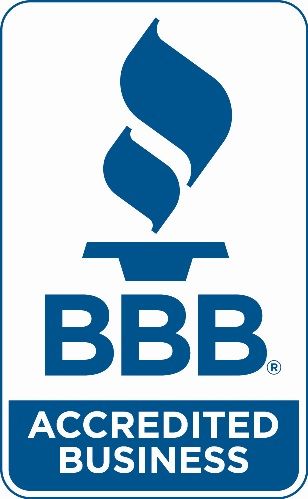The Ripple Effect of Local Developments on Montana's Housing Market
The housing market in Montana is undergoing significant shifts, influenced by a variety of local developments. These changes have created a ripple effect, impacting homebuyers, sellers, and the overall economic landscape of the region. Understanding these dynamics is crucial for stakeholders who are navigating the evolving real estate environment in Montana.
Montana's Economic Growth and Its Influence on Housing
Montana's economy has been experiencing robust growth, driven by sectors such as technology, agriculture, and tourism. This
economic expansion has attracted new residents seeking employment opportunities and a higher quality of life. As a result, the demand for housing has surged, leading to increased property values and a competitive market. The influx of people into urban areas, particularly cities like Bozeman and Missoula, has intensified the need for housing solutions, prompting local governments to consider zoning changes and infrastructure improvements.
Urbanization and Infrastructure Development
The trend of urbanization in Montana has prompted significant infrastructure development. Cities are investing in transportation networks, public amenities, and utilities to accommodate the growing population. These improvements are not only enhancing the livability of urban areas but also boosting property values. Homebuyers are increasingly attracted to neighborhoods with easy access to schools, parks, and public transportation, leading to a surge in demand for properties in well-connected locations. This urban change is reshaping the housing market, with developers focusing on creating sustainable and accessible communities.
Environmental Considerations and Sustainable Housing
Montana's natural beauty is a significant draw for residents and tourists alike. As such, there is a growing emphasis on sustainable housing practices that preserve the environment. Developers are incorporating eco-friendly designs, energy-efficient systems, and sustainable materials into new constructions. This shift towards green building practices is not only reducing the environmental footprint of housing developments but also appealing to environmentally conscious buyers. The demand for sustainable homes is on the rise, with buyers willing to invest in properties that align with their values and contribute to environmental conservation.
The Impact of Remote Work on Housing Preferences
The rise of remote work has transformed housing preferences in Montana. With more individuals working from home, there is a growing demand for properties that offer dedicated office spaces and high-speed internet connectivity. Homebuyers are prioritizing spacious homes with flexible layouts that can accommodate
work-from-home needs.
The ability to work remotely has allowed people to consider living in more rural or scenic areas of Montana, further diversifying the housing market. This trend is reshaping the landscape, with rural areas experiencing a boost in real estate activity.
Affordable Housing Challenges
Despite the economic growth and development, Montana faces challenges related to affordable housing. The surge in demand has driven up property prices, making it difficult for low- and middle-income families to find affordable options. Local governments and community organizations are working to address this issue by implementing affordable housing initiatives and policies. These efforts include the development of mixed-income housing projects, subsidies for first-time homebuyers, and incentives for developers to include affordable units in new projects. Addressing the affordability crisis is crucial to ensuring that all residents have access to safe and affordable housing.
The Role of Local Policy in Shaping the Market
Local policies play a pivotal role in shaping Montana's housing market. Zoning regulations, tax incentives, and development guidelines influence the availability and affordability of housing. Policymakers are tasked with balancing the needs of a growing population with the preservation of Montana's natural landscapes and cultural heritage. Collaborative efforts between government agencies, developers, and community groups are essential to create policies that support sustainable growth and equitable housing opportunities. Effective policy-making can guide the market toward stability and resilience, benefiting all stakeholders involved.
The Future of Montana's Housing Market
Looking ahead, the future of Montana's housing market will be shaped by continued economic growth, technological advancements, and changing lifestyle preferences. The integration of smart home technologies, such as automation systems and energy management tools, is expected to become more prevalent. These innovations offer convenience, security, and efficiency, making homes more appealing to tech-savvy buyers. As climate change becomes a more pressing concern, there will be an increased focus on climate-resilient housing solutions that can withstand environmental challenges.
The Importance of Community Engagement
Community engagement is vital in addressing the challenges and opportunities within Montana's housing market. Residents, local organizations, and government entities must collaborate to create inclusive and vibrant communities. Public forums, workshops, and participatory planning processes allow stakeholders to voice their concerns and contribute to decision-making. By fostering a sense of ownership and involvement, communities can work together to develop housing solutions that meet diverse needs and promote social cohesion.
Navigating the Market as a Homebuyer
For prospective homebuyers in Montana, navigating the market requires careful consideration and strategic planning. Understanding local market trends, assessing financial readiness, and seeking professional guidance are essential steps in the home-buying process. Buyers should also explore various financing options, including government-backed loans and first-time homebuyer programs, to make informed decisions. By staying informed and proactive, homebuyers can successfully navigate the dynamic real estate landscape in Montana.
Montana's housing market is experiencing a period of change, driven by local developments and evolving economic conditions. As the state continues to grow and adapt, stakeholders must navigate the challenges and opportunities presented by these changes. By prioritizing sustainable practices, affordable housing solutions, and community engagement, Montana can create a housing market that is resilient, inclusive, and reflective of its unique character. The future of Montana's housing market holds promise for both residents and investors, offering a dynamic environment that supports growth and innovation.
For those interested in exploring housing opportunities in Montana or seeking guidance in the real estate market,
reach out to Billings Home Buyers today.
Our team is dedicated to providing expert advice and support to help you achieve your homebuying goals.












